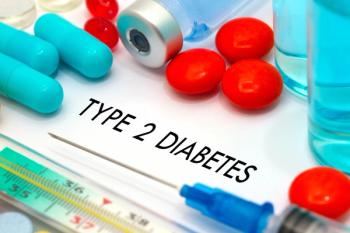
In this CME article, examine the etiology of poor medical outcomes in borderline personality disorder and learn more about the assessment and management of patients with reported borderline personality disorder who have been admitted medically.

In this CME article, examine the etiology of poor medical outcomes in borderline personality disorder and learn more about the assessment and management of patients with reported borderline personality disorder who have been admitted medically.

Diagnosing this intricate comorbidity demands a nuanced approach. Here's what you need to know.

In patients seen in the medical setting, as many as 20% have personality disorders.

“The No Fees for EFTs Act addresses the deceptive business practices of EFTs and protects a doctor’s ability to provide quality patient care.”

"In the corridor, he demands a confession: Who peeled back his bandage? Who let him look?"

Exploring the intersection of psychiatry and work.

Psychiatric Times highlighted takeaways from the 2023 American College of Neuropsychopharmacology Annual Meeting in our February issue. Don't miss out on these important conference clinical pearls!

Two phase 3 trials were conducted to assess the clinical and biological effects as well as the safety of gantenerumab in individuals with mild cognitive impairment or mild dementia due to AD. Here's what you need to know.


Problematic gaming is challenging to treat. Here's how you can get started.

If all violence in the US that is due to mental disorders could be eliminated, 95% to 97% of violent behavior would remain.

"As we commemorate Black History Month, it is an opportune time to highlight the contributions of Black clinicians while acknowledging past and current shortcomings as well as the imperative to strive for improved equity for clinicians and patients alike."

Available evidence from preclinical studies indicates that semaglutide shows promise for treating Alzheimer disease and Parkinson disease.

One meta-analysis that included data from 6 placebo-controlled and 7 active-controlled studies using subcutaneous semaglutide found that when compared with placebo, subcutaneous semaglutide 0.5 mg and 1 mg reduced hemoglobin A1c (HbA1c) by 1.01% and 1.38%, respectively.

Check out this broad range of innovative medications in development with the goal of providing psychiatric clinicians with novel treatments in the quest to decrease patient suffering and improve function and quality of life.